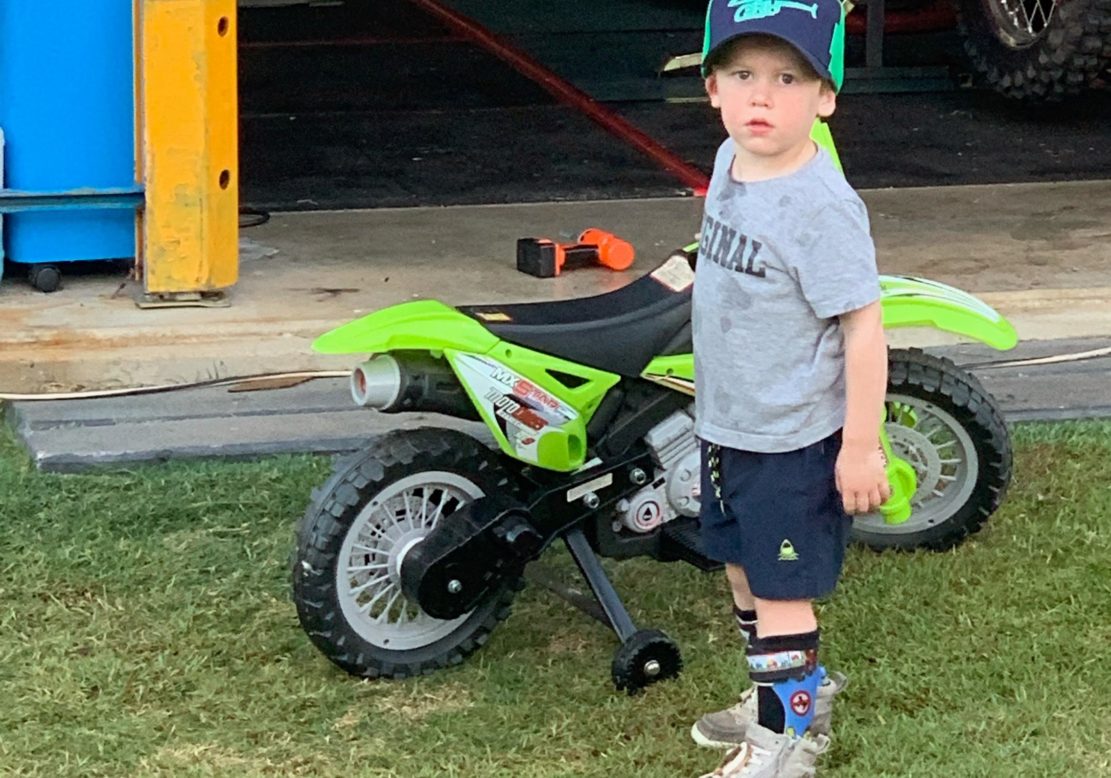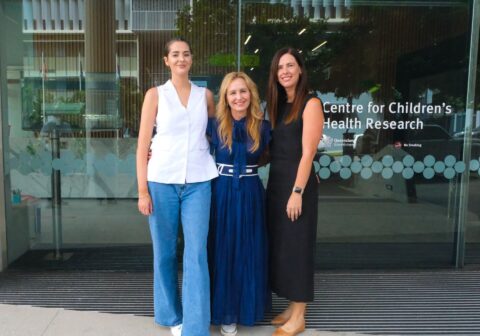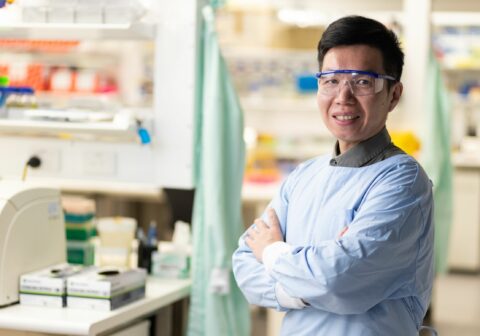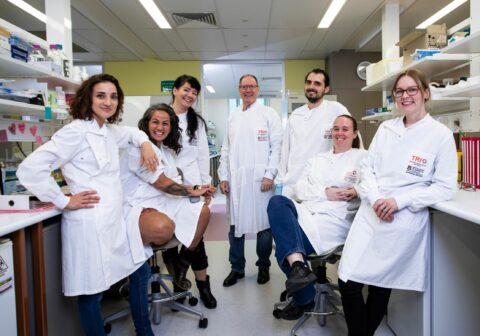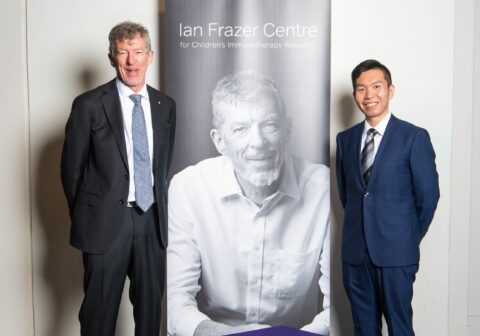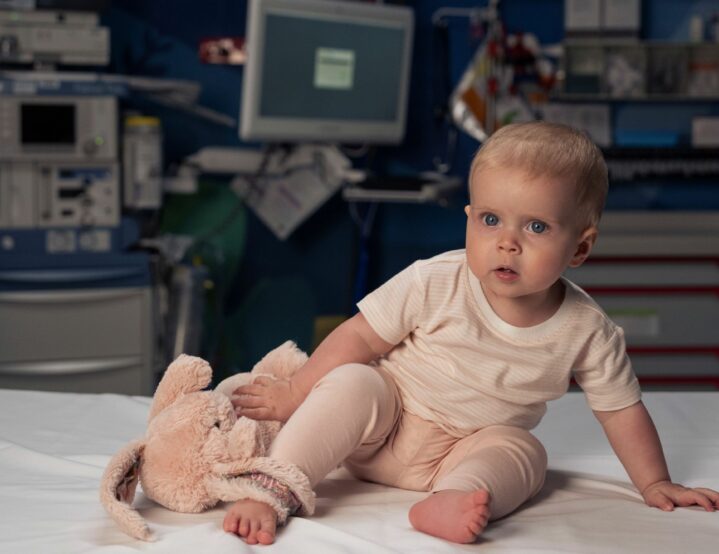Stroke can happen at any age. Each year up to 600 Australian children are diagnosed with stroke, which happens when blood flow cannot reach an area of the brain, usually because of a blockage, or tears in the blood vessel. More than half of all children affected by stroke will sustain permanent brain damage that can lead to ongoing seizures, physical disability, speech or learning difficulties.
Hank was born in October 2018 but immediately after birth, he suffered a massive stroke which left him with a quarter of his brain filled with blood and clots. He was having seizures and couldn’t breathe and was placed on life support. Within hours he was in the transport life support capsule and on his way to Brisbane from his local hospital in Rockhampton.
Unfortunately, because of how critical Hank was his parents were unable to travel with him and had to make the gruelling 700 km drive to Brisbane, terrified that Hank would not survive the flight.
At 3am Hanks parents, Cass and Aaron, were finally reunited with their precious baby boy.
“It wasn’t nice, he had a wall of machine and cords keeping him alive he was on life support anti-seizure meds and was basically laying there lifeless.” Cass remembers.
Hank spent 27 days in neo natal critical care, he battled sepsis, a brain bleed, and severe seizures but on day five he finally opened his eyes and on day seven he started to breathe on his own.
Hank is now nearly three and has suffered two further strokes. These have resulted in left-sided body damage mostly in his arm and leg, and a recent diagnosis of cerebral palsy. He also has absent seizures from epilepsy. He attends physio and occupational therapy and must wear ankle-foot orthoses to support him and hold him up while walking.
He also attends regular MRIs and medical appointments, but through all this Hank doesn’t stop smiling.
“He has had more battles in his short life than most of us ever will, but he is a fighter and here we are about to celebrate his third birthday. A day we honestly didn’t think he would see. He truly is the cheekiest, kindest, and happiest kid going.” Said Cass.
Cass wanted to share Hank’s story to raise awareness of strokes in babies and children. Stroke is often associated with older people, but it is very real for children too.
Thanks to our generous supporters, the Children’s Hospital Foundation is proud to fund the high density (HD) electroencephalography (EEG) machine that is central to monitoring brain waves in children affected by stroke to help determine the best rehabilitation and management strategies for their long-term recovery. The HD EEG machine provides researchers with detailed information about the progress of individual patient’s recovery following stroke that will allow clinicians at the Queensland Children’s Hospital to develop personalised rehabilitation plans that aim to minimise the life-long impairments associated with stroke and prevent recurrence of future strokes.
We are also supporting the Queensland Paediatric Stroke Service to provide consistent treatment and services to children diagnosed with stroke. From recognition and awareness, response, treatments, and rehabilitation, to returning to the community.
